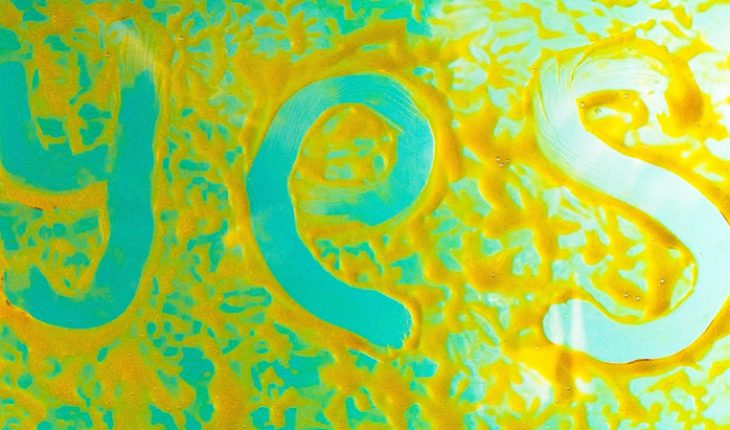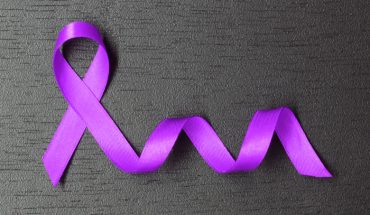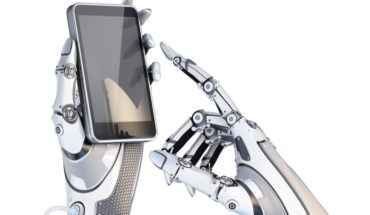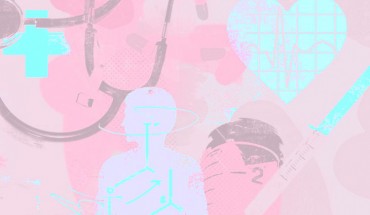I am a father of someone who had cancer. My daughter, Bryony, died in 2004 when she was 23 after suffering from three highly malignant cancers, starting from when she was nine years old. She is the inspiration for Yes to Life which has helped thousands of people who want to pursue non-conventional approaches which are not currently available on the NHS. We are part of a very large movement, driven by cancer sufferers and their friends and family members, who want to see change.
When Bryony died, we had only just started looking into how alternative therapies and nutritional support might be able to help her. At that time, further conventional treatments including chemotherapy and radiotherapy would have done her more harm than good. The NHS did not have anything to offer, so we started looking at all the alternatives available. What we found was that there were plenty of options out there, but it was almost impossible to find the really relevant and good quality information amongst the daunting quantity now on the internet. As private medicine, they also were not free.
Sadly, Bryony was not able to benefit. Twelve years after her death, we try to fill that gap for people who want to take a more holistic approach to their cancer care and we provide support, information and in some cases, financial assistance. I have to say that I am enormously disappointed that so little seems to have changed in the NHS when it comes to Integrative Oncology. very few doctors seem ever to ask the question, ‘why did you get cancer?’
Yes, patient demand means that many oncology centres have bolted on complementary therapy centres – typically run by volunteers – which may offer therapies such as massage, mindfulness meditation and acupuncture, but there is no national requirement for this. The Royal London Hospital for Integrated Medicine, part of the University College London Hospitals NHS Foundation Trust, is one of only three NHS centres in the country that takes a broader approach to patient care.
Worryingly, we even seem to have gone backwards when it comes to patient choice and the provision of some therapies. Some Clinical Commissioning Groups now restrict funding for homeopathic treatment. Strong pressure from ‘science-based medicine only’ campaigners has meant that there is a growing reluctance for NHS commissioners to fund anything which can’t be backed up by gold standard clinical trials – appropriate for a new potentially harmful drug but surely not in the case of treatments which are low cost, unprofitable, and which have been used successfully and safely, in some cases for thousands of years. There seems to be a whipped-up sense of grievance against practitioners who make no claims and can certainly do no harm but may be able to help. The requirement for incontrovertible evidence needs to be proportional to the possible downside, and to respect patient choice wherever possible. Otherwise, we inevitably give the monopoly to wealthy drug companies.
I also find it extraordinary that most cancer patients in the NHS receive little or no help when it comes to lifestyle changes. Advice about diet, exclusively given by pressed-for-time dieticians who are medically qualified, seems to be focused on how very ill people can avoid losing weight by consuming large quantities of sugar and carbohydrates. No attention is paid to nutritional therapy to boost damaged immune systems and improve energy levels. Most cancer patients never even receive exercise advice from a professional. You would think that these things would be basic parts of the care package, but not at all.
No one is saying that conventional treatments should be dismissed – if you are in an acute situation surgery, chemotherapy or radiation can be a good choice. But Integrative Medicine has an important role in helping people stay well during treatment, recover more quickly and avoid relapses.
- Why did you get cancer? - 3rd October 2016






